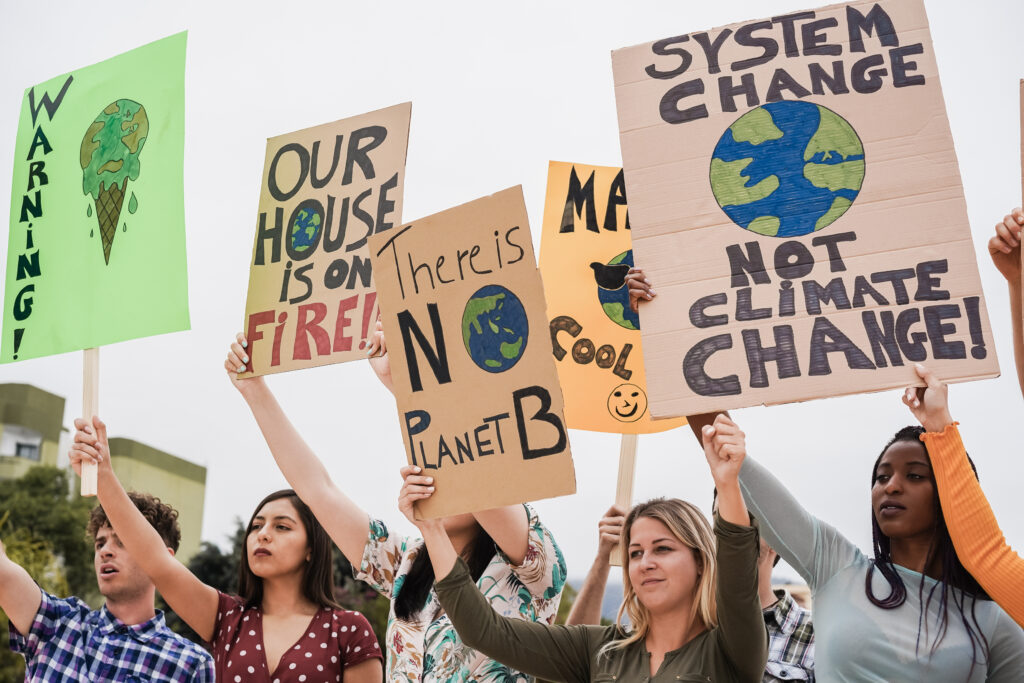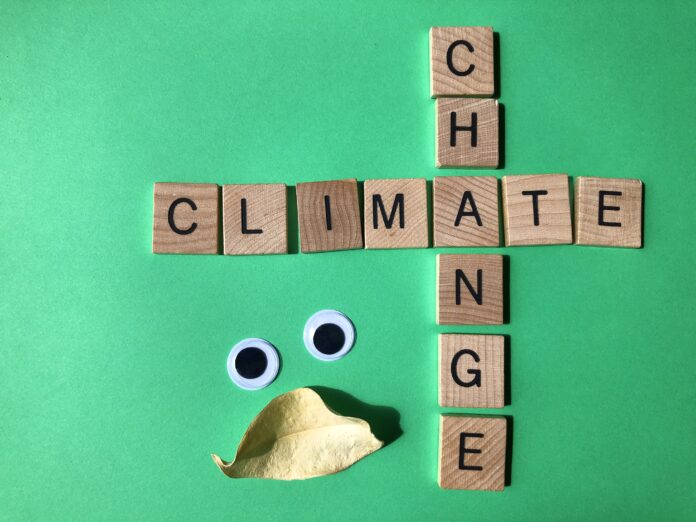The climate crisis: the causes, the effects, and the solutions
What Is Climate Change
The Earth has constantly been changing in some form or another since life began on this planet.
However, scientists have recently discovered that human activity is causing an increase of carbon di oxide levels in our atmosphere at unprecedented rates. This greenhouse gas traps heat within the atmosphere, which leads to global warming. The result? Extreme weather events like hurricanes, droughts, floods, wild fires, and other natural disasters become much worse than they would be otherwise.
What Are the Causes of Climate Change?
The most apparent cause of climate change is our activity. Humans release greenhouse gases into the atmosphere by burning fossil fuels such as coal, oil, and gas. The carbon dioxide emitted by these activities stays in the air longer than other gasses, traps heat near Earth’s surface. As this trapped heat builds up, the oceans warm, and glaciers melt. When enough ice melts away from Greenland and Antarctica, sea levels rise.
To understand why this situation is so complex, let’s look at how greenhouse gas emissions have evolved. In 1750, humans emitted only 0.1% of all CO2 produced today; since then, their contribution has grown exponentially until reaching almost 40%.The causes of global warming are complex but can be traced back to human activity. The effects include rising sea levels, melting ice caps, extreme weather events, droughts, floods, wildfires, and other changes that threaten our planet’s ecosystems.
The consequence of climatic change:
Destruction of Marine Ecosystems
Marine ecosystems also suffer significantly because of climate change. They include coral reefs, mangroves, salt marshes, seagrass meadows, wetlands, and estuaries. These ecosystems provide food, shelter, protection against storms and erosion, clean water, and carbon storage.
Destruction of Land Ecosystems and Deforestation
Land ecosystems absorb carbon dioxide through photosynthesis; they also release methane when decomposing organic matter. Deforestation leads to soil erosion and loss of vegetation cover, releasing significant CO2 into the air.

Future Effects of Climate Change:
Climate change can affect ecosystems through precipitation patterns, increased frequency of extreme weather events such as floods, droughts, hurricanes, rising seas, melting glaciers and snow packs, changing ocean currents, shifting species distributions, and increasing wildfire activity.
A recent report issued by the U.S. Global Change Research Program found that many aspects of life on Earth could be affected by climate change.
Temperatures Will Continue to rise.
Over the last half-century, average surface air temperatures worldwide have increased about 0.6 degrees F. Since 1980, there has been no statistically discernible trend in U.S. land temperatures, but ocean temperatures show continued trends upward since 1950.Sea Level Is Rising Faster Than Expected Since 1993, satellite measurements show worldwide average ocean surface water temperatures have increased about 0.2 degrees F per decade. As oceans warm, they expand, causing land areas near coasts to sink slightly. In addition, glaciers melt at higher rates because warmer air holds more moisture. These processes cause the sea level to rise.
The solutions to climate change:
What can be done about climate change?
There are many solutions for dealing with these problems, including reducing greenhouse gas emissions, improving energy efficiency, developing renewable sources like solar power, and protecting vulnerable populations from natural disasters.
There are two main approaches: mitigation and adaptation. Mitigation refers to reducing emissions or their negative impacts, whereas transformation means adapting to changes brought about by climate variability or climate change. Both strategies require long-term planning and investment.
Mitigating the problem requires immediate measures to reduce emissions and slow down the growth rate of atmospheric concentrations of greenhouse gases.
The best way to reduce future increases in global temperature is to stop burning fossil fuels now. This would prevent further releases of large amounts of heat trapped by these gases. We could also useless coal, oil, and natural gas. If we did not add any new sources of greenhouse gases, then there would be no increase in global temperatures.
We need to act quickly if we want to avoid dangerous levels of climate change.




